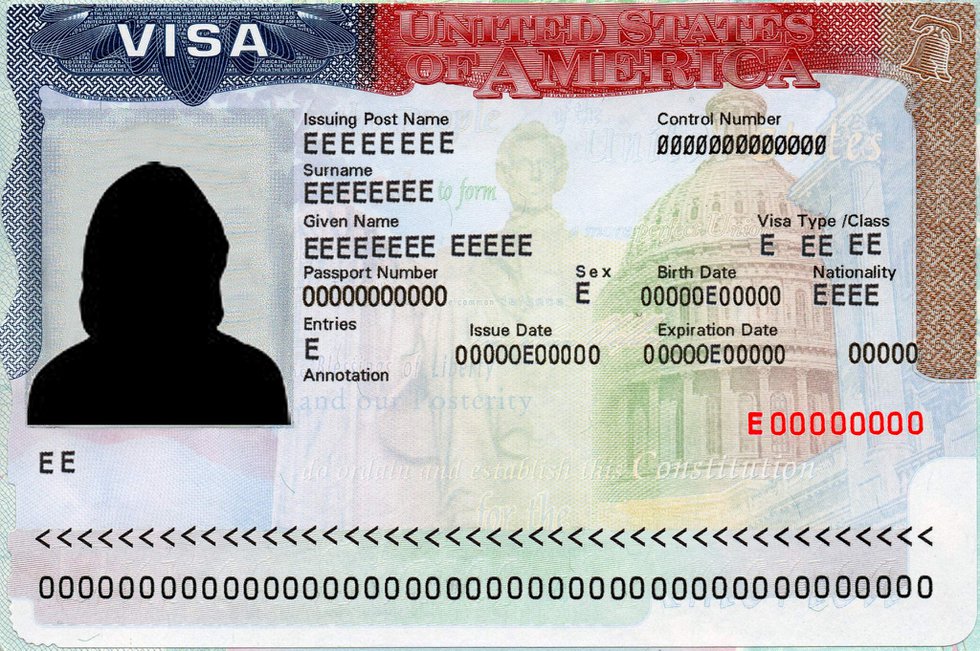
Visa example
Image Courtesy of UM & Global
General Conference will next meet in Charlotte, NC, from April 23 to May 3, 2024, just under 18 months from now. Several details about that meeting have yet to be announced, most notably whether it will be a continuation of the delayed 2020 General Conference, the regularly scheduled 2024 General Conference, or some combination of both, and hence whether existing delegations will attend or whether new delegations will need to be elected.
Although General Conference is still some ways off, since visa availability was a major issue in the further postponement of General Conference from 2022 to 2024, an update on General Conference visas seems worthwhile.
The good news is that, in almost all cases, wait times for visa applications have decreased since the start of the year, in some cases quite significantly. For instance, wait times in Manila have fallen from 639 days at the beginning of February to 120 days as of the beginning of November. Wait times in Kinshasa, DRC, have gone from 441 days to 105 days. Other countries also show significant, if less dramatic, decreases. These decreases are a sign of the US visa system returning to more normal functioning after the disruption of and backlog caused by the pandemic.
If delegates were to apply for visas today, only three countries would see issues with wait times or general availability: Nigeria, where wait times remain 728 days; Russia, where only emergency visas are being issued (in large part because of the Russia-Ukraine war); and Ukraine, where the U.S. embassy is closed because of the war.
Those countries combined send 32 delegates to General Conference, a not insignificant amount, but less than 4% of all delegates, as opposed to the up to 1/3 of delegates who could have had issues at the beginning of this year. Some Nigerian, Russian, and Ukrainian delegates may have pre-existing visas and still be able to attend General Conference (if Russians are able to travel at all). Furthermore, it is important to think about how to adequately represent countries who may have difficulties attending General Conference, regardless of absolute numbers.
While wait times right now are good, there are two additional reasons why visas may still be an issue for General Conference 2024:
1. Since it is not yet clear whether existing delegations will attend General Conference 2024 or whether annual conference will need to select new delegations, it is not yet clear who should be applying for visas. If Judicial Council calls for new delegates, then there is a bit more time pressure for annual conferences to elect new delegates and those delegates to apply for visas, since the annual conference election process will take some time.
2. While wait times in general are not currently a problem, individuals applying for visas may still suffering challenges, hurdles, and failures in their individual applications. This was the case for General Conference in 2019 and all previous General Conferences as well. The question remains whether there will be more difficulties for General Conference 2024 than for previous General Conferences. Indications from other sources are that US visas have become more difficult to obtain in recent years.
As always with visa applications, the rule stands: the earlier one applies, the better chance one has of getting a visa at the end of the process, whatever that process looks like. With more details about General Conference coming into clarity, it is hoped that delegates will be able to begin that process without too much more delay.
